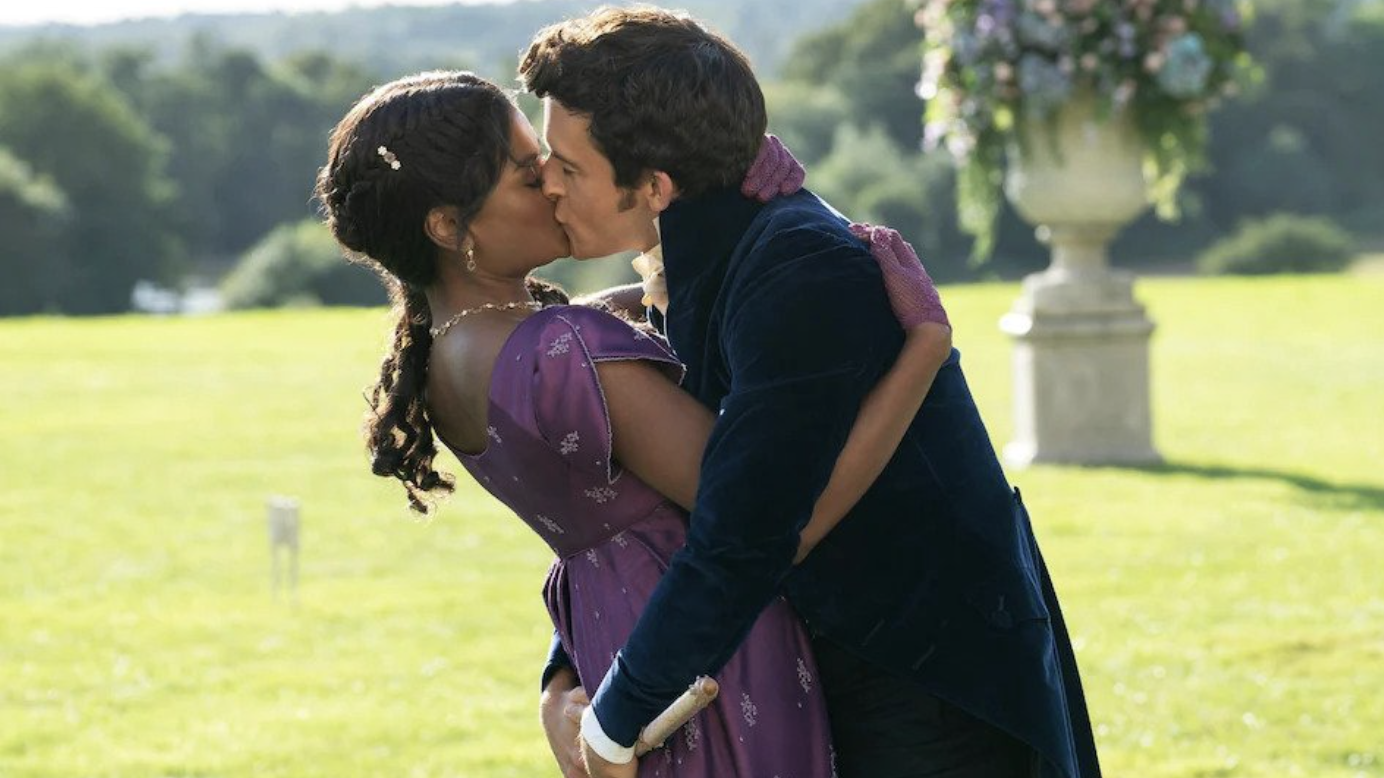A Guide To Successful Couples Therapy
Love and Relationships SachiIn the intricate web of South Asian values, marriage is revered as a sacred union, symbolizing not just the coming together of two individuals but the amalgamation of families and traditions. The sanctity attributed to marriage implies a purity that should remain untarnished, creating an expectation that this union is blessed by divine forces and, therefore, should solely rely on familial support.
However, the practical reality of marriage reveals its complexities, with couples facing a myriad of challenges in navigating the intricate socio-cultural landscape. The South Asian context adds layers of expectations, customs, and rituals, making the union more intricate than a mere partnership. Marital issues, though inevitable in any long-term commitment, are often met with stigma in South Asian society. Seeking professional assistance, particularly through couples therapy, is stigmatized, leading to reluctance to address issues openly.
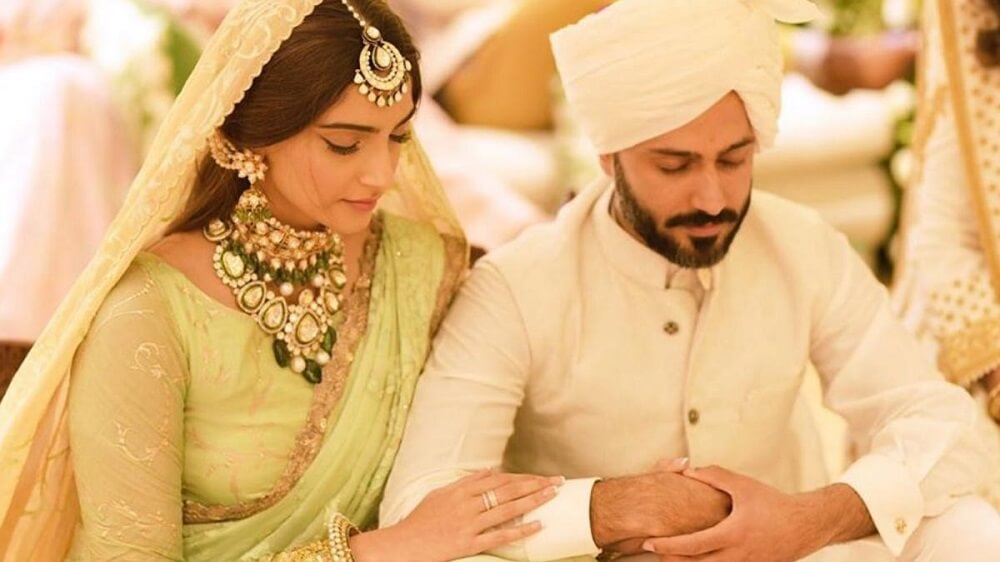
The stigma surrounding seeking help for marital problems is deeply rooted in the cultural fabric. Many view admitting to difficulties in the relationship as a failure, a betrayal of societal expectations, and even a potential threat to the sanctity of marriage. Consequently, couples grappling with issues may prefer to endure their struggles in silence, fearing judgement and societal censure.
The first step to cultivating a strong relationship involves recognizing the signs that may indicate the potential need for couples therapy.
Signs That Says 'It's Time to go to Couples Therapy'

While the discourse around mental health is slowly gaining acceptance, the stigma persists when it comes to seeking assistance for marital problems. The challenge lies in dismantling these deeply ingrained beliefs to foster a more open dialogue about the complexities of marriage. Creating awareness about the benefits of seeking professional help can contribute to breaking down these barriers, allowing couples to address issues without the weight of societal judgment. In doing so, the sacred nature of marriage in the South Asian context can evolve beyond antiquated norms, embracing a more compassionate and supportive approach to marital challenges.
1. Communication Breakdown
When conversations turn into arguments, and there’s a persistent lack of effective communication, couples therapy can provide a safe space to rebuild dialogue and express feelings openly.
2. Constant Conflict
Frequent, unresolved conflicts can create emotional distance. Couples therapy helps identify underlying issues and provides tools to address conflicts constructively.
3. Emotional Withdrawal

If one or both partners emotionally disengage or withdraw, couples therapy can explore the reasons behind the withdrawal and work on rebuilding emotional connection.
4. Lack of Intimacy
A decline in physical or emotional intimacy may indicate underlying issues. Couples therapy can help rekindle intimacy by addressing root causes and fostering understanding.
5. Trust Issues

Trust is foundational, and if it’s eroding due to breaches, couples therapy aids in rebuilding trust through communication, transparency, and mutual commitment.
Also Read: How Pre-Marriage Counseling Can Help Strengthen Your Relationship
6. Infidelity
Coping with infidelity is complex. Couples therapy offers a structured environment to navigate the aftermath, facilitating healing and rebuilding trust.
7. Life Transitions
Major life changes like relocation, job loss, or parenthood can strain a relationship. Couples therapy helps navigate transitions and adapt to new dynamics.
8. Unresolved Past Issues
Lingering issues from the past can resurface, impacting the present. Couples therapy delves into unresolved matters, fostering closure and understanding.
9. Parenting Conflicts
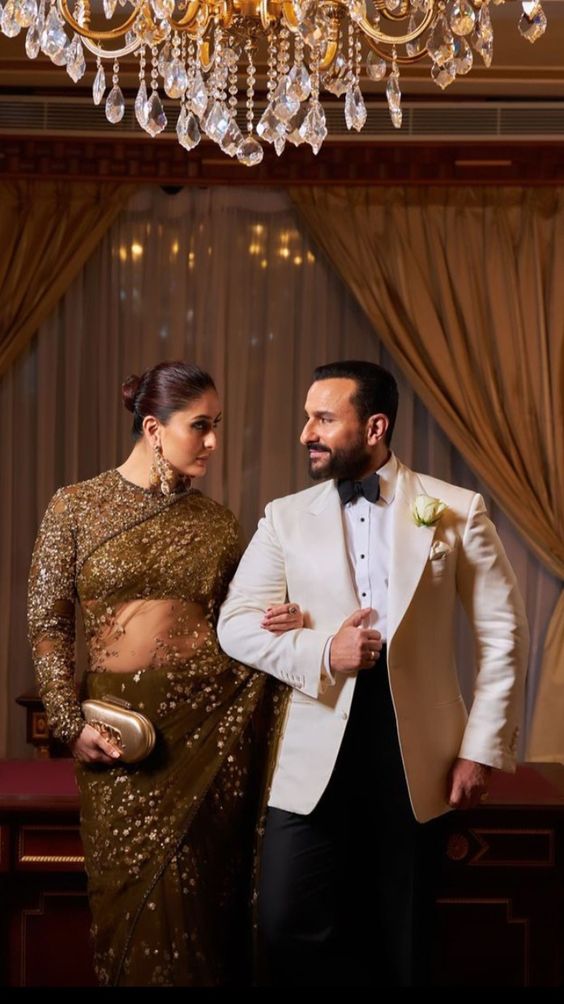
Divergent parenting styles or disagreements on child-rearing can strain a relationship. Couples therapy provides a platform to align parenting strategies and improve cooperation.
10. Emotional or Physical Abuse
Any form of abuse requires professional intervention. Couples therapy may be recommended alongside individual counseling to address the root causes and facilitate change.
11. Loss of Connection
Over time, couples may feel a loss of emotional connection. Couples therapy explores ways to revive and strengthen the emotional bond.
12. Different Goals and Values
If partners have conflicting long-term goals or values, couples therapy helps facilitate open discussions and negotiation, seeking common ground for mutual growth.
What is couples therapy and how can it help?
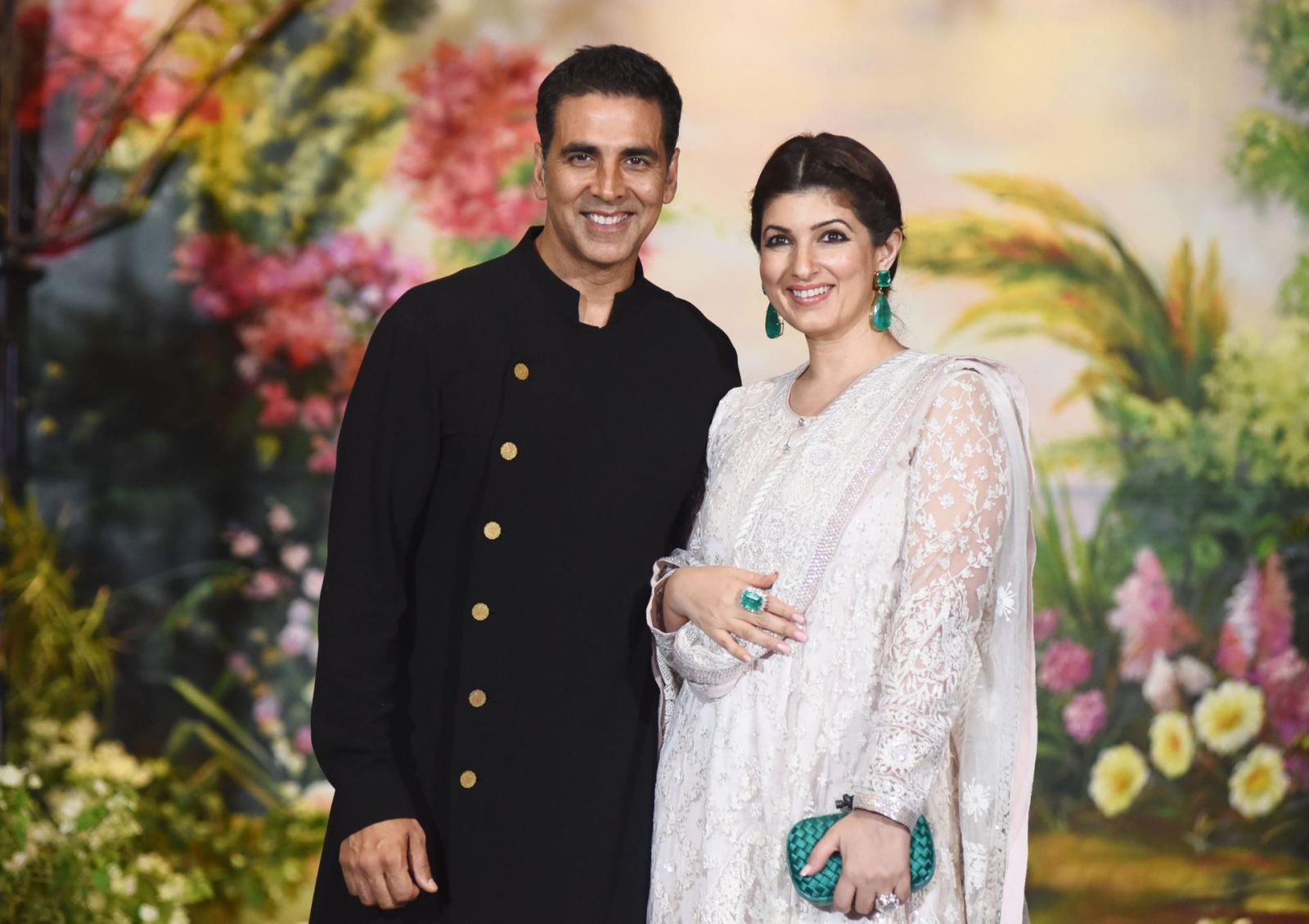
Couples therapy, also known as marriage or relationship counseling, is a form of psychotherapy designed to help couples navigate challenges, enhance communication, and strengthen their relationships. It involves a trained therapist or counselor who works with the couple to identify and address issues affecting their relationship. The primary goal is to foster a better understanding of each other’s perspectives, improve communication, and develop strategies for managing conflicts constructively.
At its core, couples therapy operates on the premise that relationships are complex, and influenced by individual histories, communication styles, and emotional dynamics. The therapy process often begins with an assessment, where the therapist gathers information about the couple’s history, current challenges, and goals for therapy. This initial phase helps the therapist tailor the intervention to the specific needs of the couple.
1. Helps to Improve Communication

One of the key aspects of couples therapy is communication improvement. Many relationship issues stem from breakdowns in communication, leading to misunderstandings, resentment, or emotional distance. Therapists help couples develop effective communication skills, teaching them how to express their needs, listen actively, and respond empathetically. Learning to communicate openly and honestly can foster a deeper emotional connection.
2. Address Conflict Resolution
Couples therapy also addresses conflict resolution. Disagreements and conflicts are inevitable in any relationship, but how couples navigate these challenges is crucial. Therapists guide couples in understanding the root causes of conflicts, identifying harmful patterns, and implementing healthier ways to resolve disagreements. This process often involves teaching conflict resolution techniques and encouraging compromise.
3. Uncovering and Addressing Underlying Issues
Another vital aspect of couples therapy is uncovering and addressing underlying issues. Relationship problems can be symptomatic of deeper emotional wounds, past traumas, or unresolved conflicts. Through guided discussions and therapeutic techniques, couples explore these underlying issues to promote healing and understanding.
4. Provides a Supportive Environment to Discuss Things Openly
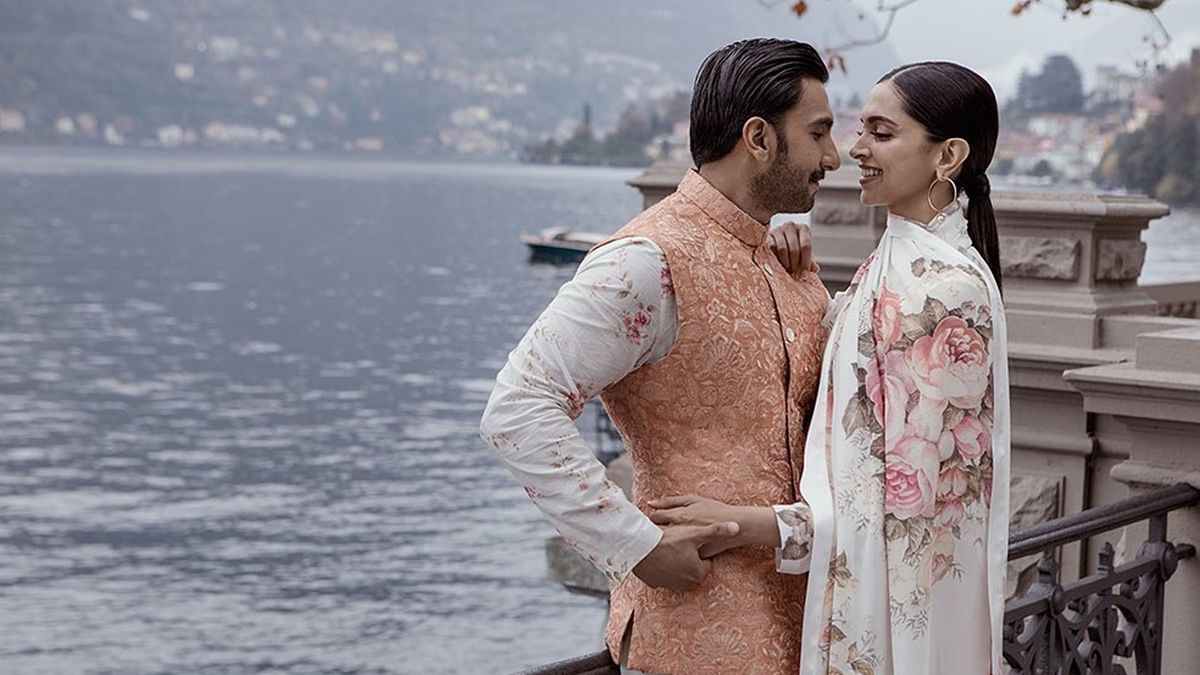
In cases of intimacy or sexual issues, couples therapy provides a supportive environment to discuss concerns openly. Therapists help couples navigate sensitive topics, fostering an environment where both partners feel heard and validated. This can lead to increased intimacy and a stronger emotional connection.
Also Read: 20 Questions to Ask Your Partner Before Getting Married
5. Builiding a Strong Relationship Foundation

Couples therapy is not solely reserved for relationships in crisis. It can also be a preventive measure, helping couples build a strong foundation and providing tools to navigate future challenges. Additionally, it serves as a valuable resource for couples contemplating major life transitions, such as marriage, parenting, or retirement.
Conclusion

Embracing the path to stronger, healthier relationships often involves destigmatizing couples therapy. Seeking professional help is a courageous step toward fostering understanding, growth, and resilience in relationships. Just as we prioritize physical health check-ups, attending to the emotional well-being of a relationship is equally crucial.
Couples therapy offers a safe space to navigate challenges, fostering open communication and providing tools to enhance relationship dynamics. It's not an admission of failure but a proactive choice to invest in the well-being of your partnership. Remember, acknowledging the need for guidance is a sign of strength, not weakness. Together, we can foster a society that supports and encourages couples to prioritize their emotional connections and seek professional assistance when needed.
Edited & Photos Sourced By: Neha Garg Ahuja













